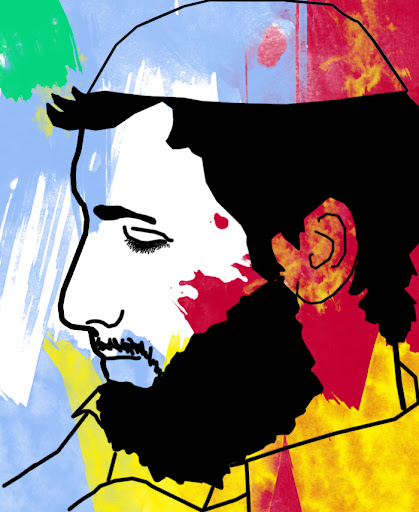As a bochur at a farbrengen I once heard a story of a Satmar bochur who went off the derech (r"l). Encountering a Lubavitcher bochur, the Lubavitcher told him that his performance of a mitzvah such as tefillin was something more precious to G-d then the deed of a person Shomer Torah V'mitzvos etc.
To what could this idea be compared?
To a king with two sons. One son left and moved very far away - visiting only once a year. When this lost son would come home, the time he spent with his father was more precious to his father then anything else. True the father would prefer a normative relationship with his son - one where, like with the second son, they were always together - but that single visit meant more to the father then anything else in the world.
The story ends with the Satmar bochur first being a wayward son making an occasional visit . . . then ultimately returning to the fold (and learning chassidus in 770 etc etc)
Cut to the present - some seven or eight years later . . . And I fine a possible source for the parable I so often gave:
A man has two sons. The younger demands his share of his inheritance while his father is still living, and goes off to a distant country where he "waste[s] his substance with riotous living" and eventually has to take work as a swineherd. There he comes to his senses and decides to return home and throw himself on his father's mercy, thinking that even if his father does disown him, being one of his servants is still far better than feeding pigs. But when he returns home, his father greets him with open arms and hardly gives him a chance to express his repentance. He kills a fatted calf to celebrate his return. The older brother resents the favored treatment of his faithless brother and complains of the lack of reward for his own faithfulness. But the father responds:
Great story (this was Wikipedia's rendition) . . . the source? The New Testament of course.
Yup - it turns out one of my favorite parables is the famed parable of the Prodigal Son.
Go figure.
(And yes the name of the post is over blown)
-----
In a completely random and other note:
This almost made me cry last night
" 'My son,' the father said, 'you are always with me, and everything I have is yours. But we had to celebrate and be glad, because this brother of yours was dead and is alive again; he was lost and is found.'"
Great story (this was Wikipedia's rendition) . . . the source? The New Testament of course.
Yup - it turns out one of my favorite parables is the famed parable of the Prodigal Son.
Go figure.
(And yes the name of the post is over blown)
-----
In a completely random and other note:
This almost made me cry last night









3 comments:
You can't really know if that bochur was influenced by the NT. Maybe yes maybe no.
Oh my. I had horrible memories of my schooldays at a Church of England school. It was NT all over the place, of course....
Rachel
I saw a version of that commercial with “planned parenthood” part that did not work out as expected.
Post a Comment